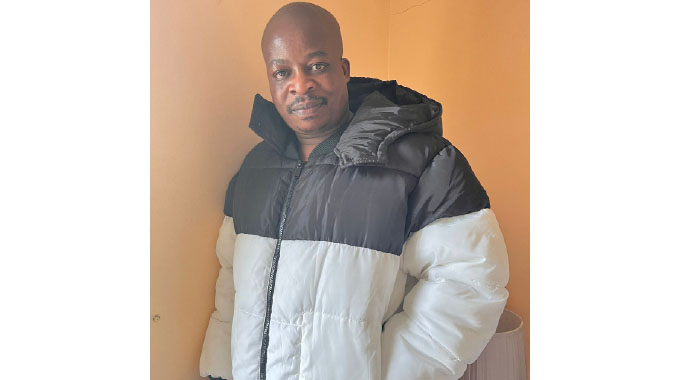AUSC Region V set sights on Tokyo Olympics
Eddie Chikamhi: Senior Sports Reporter
THE Africa Union Sports Council Region V chief executive Stanley Mutoya says they have plans to introduce strict adherence to High Performance programmes in the region as they look to improve the quality of competition and medals at the Tokyo Olympics in 2020.Mutoya, who was recently appointed chief of the regional body, said the organisation will next month convene a crucial meeting in Angola to chart the way forward. AUSC comprises of 10 countries that include South Africa, Botswana, Namibia, Angola, Zambia, Lesotho, Swaziland, Mozambique, Malawi and Zimbabwe.
Mutoya acknowledged that the block has not experienced significant growth in terms of podium performances in the last decade and would want to see more countries from their membership winning medals at the next Olympics. Only South Africa graced the podium at the 2016 Rio Games.
“Our wish is that the prospects will be bright. But balancing the wish and reality is a different ball game altogether. So we are meeting in a sports review forum from February 15-18 in Luanda.
“That’s where we are going to be mapping and chatting the way forward looking into our past performances, our current plans and the future,” said Mutoya.
The former Zimbabwe Olympic Committee chief executive said they will be introducing “command sport” for the region, where they hope to get all the members down into serious high performance business.
The region had hoped to reap more rewards through its Podium Performance Programme meant to produce athletes that can win medals at major international tournaments, but only five countries have signed up.
Under the Programme, the region had aimed consistent growth with hopes to get 12 medals at the London 2012 Games and 16 at the 2016 Rio Games and 20 medals at the 2020 Tokyo Games. But the targets have remained far off after South Africa’s 10 medals were all the region could achieve at the Rio Games.
“We saw the region winning 10 medals coming from one country, South Africa, at the Rio Games. But it was an improvement in terms of number and quality of the medals considering that in 2004 we had only three medals all coming from Kirsty Coventry.
“In 2008 in Beijing we had four medals, three of them from Coventry and in 2012 we won seven medals spread between South Africa and Botswana.
“Now in 2016 we had 10. So from a progression point of view you would say that as a region we managed to up our number of medals and sport codes that won medals,” said Mutoya.
The former ZOC boss reckoned the AUSC Region V Youth Games, which form the basis for the High Performance, will be revamped in order to produce podium athletes.
Qualifying standards for both individual and team, sports will be introduced for the next edition of the games. Mutoya said African nations should value research and development since sport has become highly scientific.
“What we will be doing between now and the end of the year is to adjust and see what our qualifying standards will be particularly for the individual sports like athletics and swimming so that at least we are bringing the cream.
“We now move away from a recreational tournament to a high performance junior tournament that becomes a conduit for high performance for our young people going forward.
“For the team sports we will be introducing a group qualifications processes. So we will not be having all the 10 countries at the next games but there will be eight who come through the qualifying rounds,” said Mutoya.
The region will also host a high level conference in September, that will bring together Governments and the international sports federations so that harmony prevails in the development of athletes and governance issues.
“We are hosting a world conference in September where we want to bring international federations and continental federations.
“We want to put paid to the old adage that we have heard of national federations threatening government saying that if government interferes then the country will be suspended.
“That is going to be a thing of the past because mediocrity is being harboured by people who threaten governments that if you interfere in governance issues you will be suspended. But Governments have a strong say as stakeholders. They are funding sport.
“We cannot say on one end if a national association wants support its government intervention but if the Government is now asking for accountability then its interference.
“So we would want to sit down with all the international federations in September. We are starting this crusade at regional level. We want to agree in a room with the international federations that Governments play a significant role.
“Even the Olympic Movement, if you look into Article 53 of the Olympic Charter it’s very clear that national Olympic committees should operate within the confines of the laws of the country.
“So we need symbiosis within the terrain of sport because we are all working towards the improvement of one athlete,” said Mutoya.









Comments